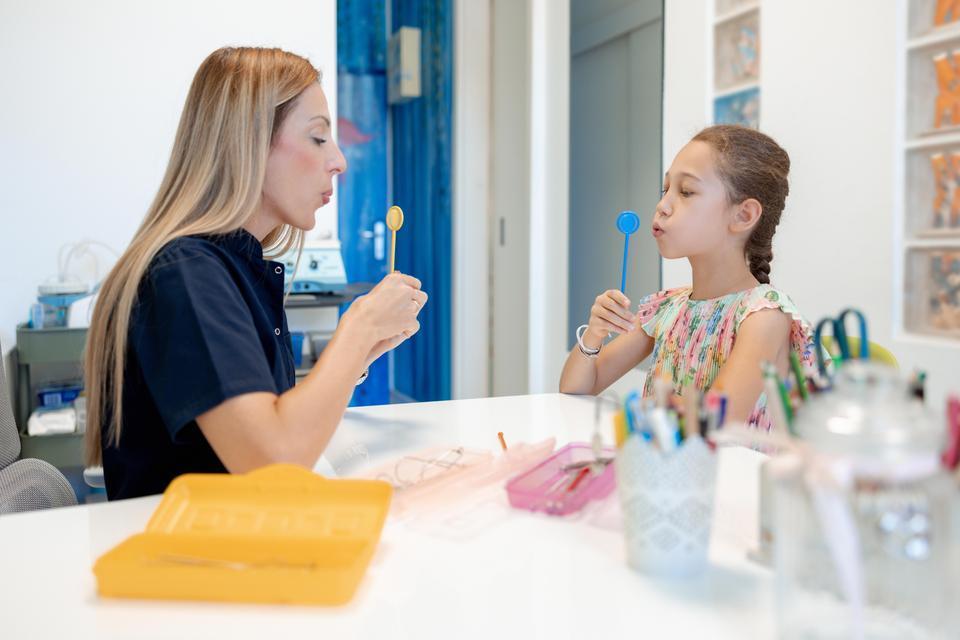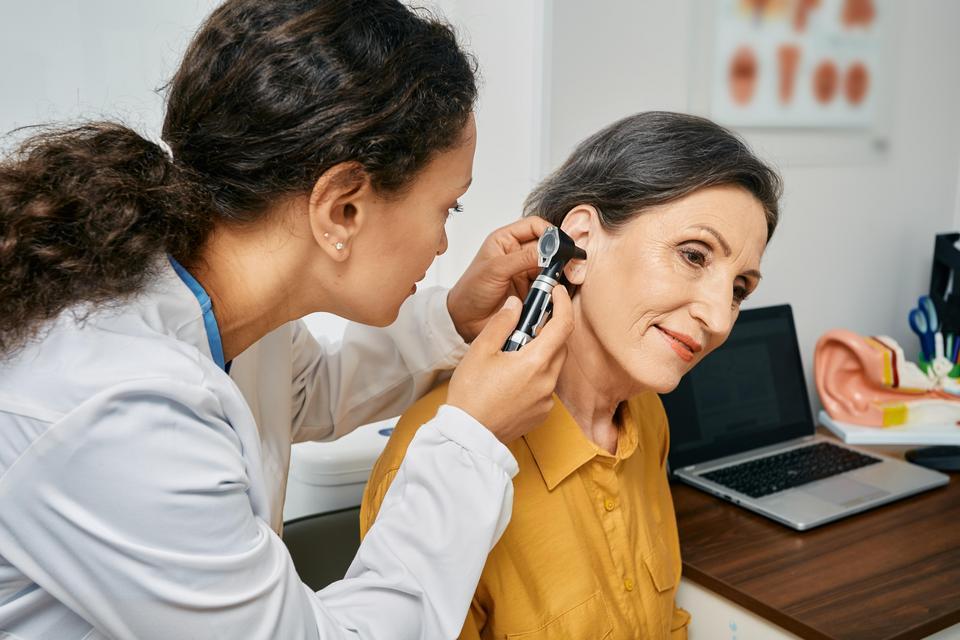Autism is frequently mentioned in the media these days. As a parent, it is natural to wonder and even worry a little. What exactly is autism? Is it becoming more common? Is my child’s development typical? What should I do if I suspect my child is autistic? Rather than relying on potentially inaccurate online tests or assessments, you have options through your trusted primary care provider. Read on to learn more autism facts and information.
What is Autism?
Autism spectrum disorder (ASD) is a developmental condition that affects thinking, emotions, language and social interaction. It usually begins in childhood and is lifelong. Autistic disorder, pervasive developmental disorder not otherwise specified (PDD-NOS) and Asperger syndrome are various conditions under the nest of ASD. ASD is called a spectrum disorder because people with the condition have a wide range of abilities and difficulties.
According to the National Institute of Mental Health (NIMH), children and adults with ASD may behave, learn, communicate and relate to others differently than most other people. The symptoms and severity of ASD vary widely from person to person. Some people with ASD need a lot of help in daily life, while others function well on their own.
Autism Facts and Figures
In 2020, the Centers for Disease Control and Prevention’s Autism and Developmental Disabilities Monitoring (ADDM) Network reported that:
- About 1 in 54 American children has been diagnosed with ASD
- That figure indicates a nearly 10% increase in ASD prevalence since the 2018 report
- ASD is four times more common in boys than girls
- ASD occurs in all racial and ethnic groups, across all types of family situations
Early Signs of Autism
ASD involves a wide variety of difficulties with communication, social interaction, restricted interests, and repetitive behaviors. While some signs of ASD may be present in infancy, the most obvious generally appear by the time a child is 3 years old, and may include:
- Avoiding eye contact
- Being upset by small changes in order or routine
- Delayed language development or loss of language skills
- Difficulty recognizing own emotions
- Having trouble understanding the thoughts and feelings of others
- Intense focus on narrow interests
- Not babbling, sharing sounds and gestures, or responding to name by 12 months
- Not playing “pretend” games
- Not pointing or looking as you point at interesting objects
- Not reaching out to be touched or cuddled
- Reacting in unusual ways to smells, tastes, noises, lights and textures
- Repetitive motions such as rocking body, flapping hands or spinning in circles
- Showing little in interest in other people
How is Autism Diagnosed?

There is no medical test (such as an imaging scan or blood analysis) for ASD. To diagnose the disorders, doctors must observe a child’s development and behaviors.
Your primary care provider can do preliminary screening of your child for ASD and other developmental disorders during a well-child checkup, direct you to helpful resources and if needed, refer you to a specialist for further evaluation.
If you are concerned about your child’s development, schedule an appointment with your primary care provider. Can’t wait for an office appointment? Schedule a virtual care video visit.
For further details or to set up an appointment for your child, contact Altru's Autism Diagnostic Clinic at 701.780.6110.







